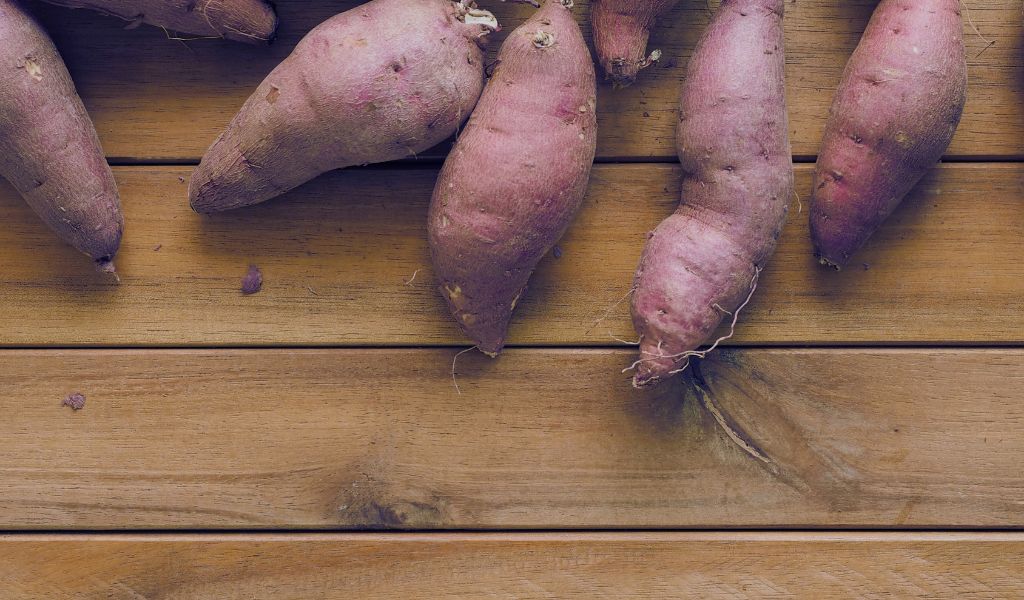Sweet potatoes left in the ground for an extended period will continue to grow, but their quality and taste will deteriorate. Additionally, the longer sweet potatoes stay in the ground, the more susceptible they become to pests, diseases, and adverse weather conditions.
Dos
- Time your harvest: Monitor the growth of your sweet potatoes and determine the appropriate time to harvest based on the variety and local growing conditions.
- Handle with care: When digging up sweet potatoes, be gentle to avoid bruising or damaging the tubers.
- Cure properly: After harvesting, allow sweet potatoes to cure in a warm and well-ventilated area for about 10 days. This process improves their flavor, texture, and storage life.
- Store correctly: Store cured sweet potatoes in a cool (55-60°F/13-16°C), dark, and well-ventilated space to prevent sprouting and decay.
Don’ts
- Don’t delay harvest: Avoid leaving sweet potatoes in the ground for too long, as it can lead to rotting, insect infestation, or other damage.
- Don’t expose to direct sunlight: Excessive sunlight exposure can cause sweet potatoes to develop a bitter taste and green spots, which can be harmful if consumed.
- Don’t wash before curing: Do not wash sweet potatoes immediately after digging them up. Instead, brush off excess soil gently, allowing them to dry naturally before curing.
Can I leave sweet potatoes in the ground during the winter?
It’s best to harvest sweet potatoes before the first frost. Freezing temperatures can damage the tubers, leading to rotting and loss of quality.
How long can sweet potatoes stay in the ground?
The ideal harvest time for sweet potatoes varies depending on the variety, but it typically ranges from 90 to 120 days after planting. Leaving them in the ground for much longer can result in undesirable changes in taste and texture.
Are sweet potatoes safe to eat if they have been left in the ground for too long?
Sweet potatoes that have been left in the ground for an extended period may become tough, woody, and less flavorful. While they may still be technically safe to eat, the quality and taste will be greatly diminished.
Conclusion and final thoughts 💭
In conclusion, neglecting to dig up sweet potatoes can lead to overripening, loss of quality, and susceptibility to pests and diseases.
It is essential to harvest sweet potatoes at the appropriate time, handle them with care, and store them correctly to enjoy a bountiful and delicious harvest.
Remember, timing is key when it comes to sweet potato harvest, ensuring you can savor the flavors of these nutritious tubers to the fullest.




